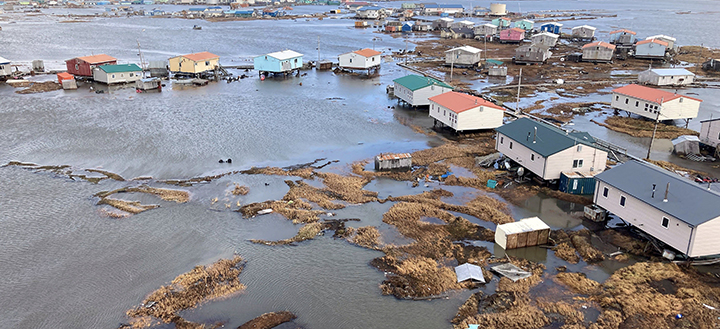Unveiling the Potential of $61 Billion IIJA Funding for U.S. Infrastructure
The U.S. Department of Transportation’s Federal Highway Administration (FHWA) recently announced a significant $61 billion allocation in Fiscal Year 2024 to bolster America’s infrastructure. This move, part of the bipartisan Infrastructure Investment and Jobs Act (IIJA), aims to modernize critical infrastructure elements such as roads, bridges, and tunnels. This IIJA funding also focuses on reducing carbon emissions and improving safety, marking a pivotal moment in U.S. infrastructure development.
A Historic Commitment to Infrastructure
Transportation Secretary Pete Buttigieg highlighted the transformative nature of this funding, stressing its role in strengthening supply chains, creating jobs, and enhancing nationwide connectivity. “Long-needed major improvements are coming to America’s network of roads, bridges, and highways,” said U.S. Transportation Secretary Pete Buttigieg in a recent press release. “We are proud to deliver funding to modernize roads and bridges across America–strengthening our supply chains, creating good-paying jobs, and connecting Americans to every corner of this country.”
The $61 billion for Fiscal Year 2024, a substantial increase from prior years, reflects the largest investment in transportation infrastructure since the creation of the Interstate Highway System.
Statewide Benefits and Strategic Management
The allocated funds will be distributed across all 50 States, the District of Columbia, and Puerto Rico. This distribution will support states in rebuilding and modernizing their transportation systems, making them more efficient and sustainable. It’s essential for state and local governments to manage these funds strategically, potentially by consulting with experienced organizations to align projects with funding requirements for maximum impact.
Seizing the Opportunity: Building Resilient Infrastructure with IIJA Funding
The IIJA presents a unique opportunity for state and local governments to improve their infrastructure significantly. This funding allows for addressing critical needs while focusing on sustainability and safety. States and communities are encouraged to apply for these funds and seek collaboration for strategic management and execution of their IIJA-funded programs.
Conclusion: Transforming Infrastructure for a Resilient Future
The IIJA funding represents a historic opportunity to build resilient, efficient, and sustainable infrastructure. It’s a call to action for states and communities to leverage these funds and transform their infrastructure, creating lasting legacies for future generations.
Source: The U.S. Department of Transportation



